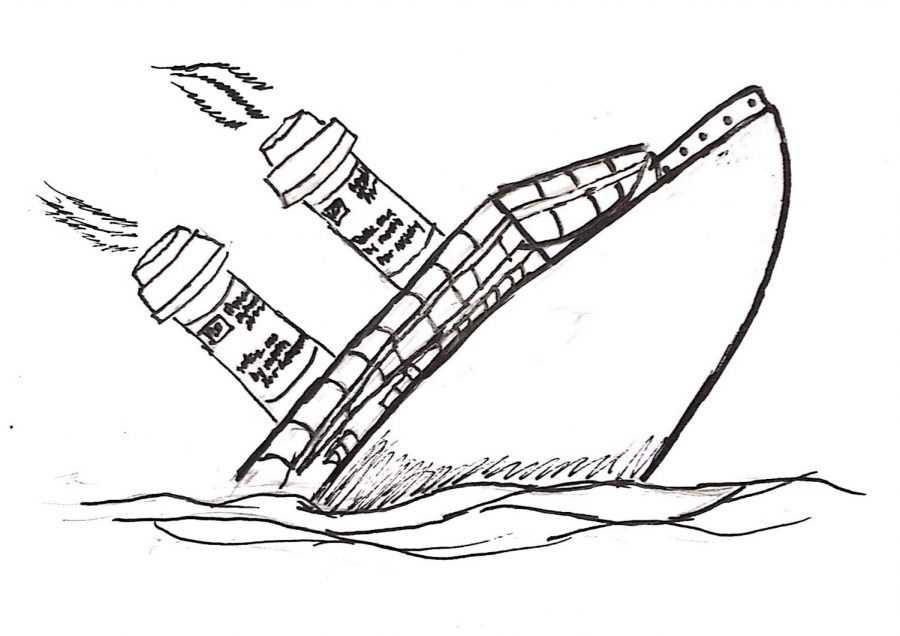Flipping the iceberg
How mental health can affect a person’s life
You have a test in math class. A fellow student is complaining from across the room about how stressed they are and how close they are to, “like, a total mental breakdown.” Meanwhile, you are on the verge of a real one.
Realistically, this math test will not severely impact anyone’s life. However, you feel as though your entire future depends on doing well on this test. You’re sweating. You’re shaking. You’re nauseous and dizzy.
“Anxieties can be debilitating to the point where you can’t breathe. Your body can blackout as a defense mechanism to protect you,” Mark Van Steenberg, the director of clinical services at an Addiction Treatment agency called Choice House, said.
However, students don’t only have anxiety. There is an entire list of possible mental illnesses that teenagers deal with.
For example, everyone occasionally feels a sense of sorrow. It is a normal emotion and can go away over a span of time. Despite this, “clinical depression comes after someone has a feeling of sadness for more than six months,” Van Steenburg said.
Social worker Mr. Mike Davidoff helps special education students who are part of the IEP team and assesses their abilities. He also helps some students work to achieve their goals.
He said that many people suffering from mental illnesses won’t openly share about them because it’s a personal matter. Someone’s life may seem “flawless” in the eyes of others, but they may potentially be hiding their authentic feelings.
“People can be doing well in life, but they might not be showing it,” Davidoff said.
Leandra Padilla ‘21, suffers from both depression and anxiety.
“With my anxiety, it makes me usually not turn in work unless it’s completely perfect,” she said. Anxiety occasionally causes her to skip classes, too.
People who have depression tend to have difficulties relating to people who don’t.
“People don’t tend to think it’s as bad as it is or ‘You’re doing it for attention,’ or to get out of something,” Padilla said.
According to Van Steenberg, there are other serious illnesses that teenagers experience, such as bipolar disorders. These can cause a person to cycle much more frequently and with many more emotions.
“With Bipolar 1, you have mania, pressure, pacing. Your brain will turn off. Bipolar 2 is when you have hypomania, which lasts longer and the severity goes up,” Van Steenberg said.
It is possible for a person to not remember their actions when they go through a cycle, he said. Both bipolar disorders have psychotic components involved.
“You’ll be normal and functioning, and then, all of a sudden, you have psychosis. You’re hearing things. You become really paranoid,” Van Steenberg said.
Padilla has advice for those who don’t have a mental illness and want to help a friend who has one.
“Just be more aware,” she said. “Learn a little more about it, so that if someone does come to you with problems, you have some knowledge of what they’re going through.”
Although life may seem dark now, it doesn’t mean that it will remain this way forever.
“A lot of it is based on, ‘Wow, this is my life right now, and I don’t know any other way out,’” Van Steenberg said.
“Once you get out of high school, you can change your social structure, where you go, how you go. So, I think a lot of kids see high school as a grand finale. And it’s not that,” he said.































